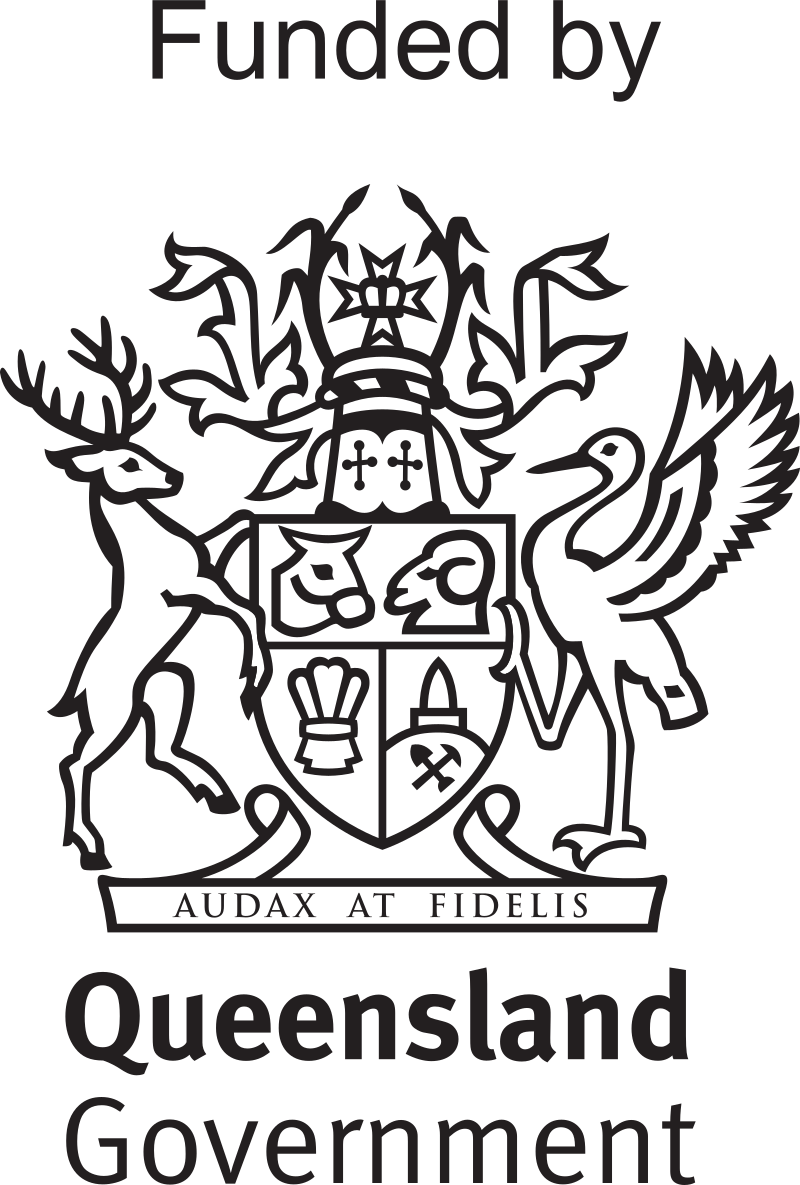Completed Research
We seek to understand more about domestic & family violence & sexual assault, & determine the effectiveness of strategies to make our communities safer for all. If you would like to know more about any of these research projects, please contact us.
Stage 1 – Evaluation of the Strangulation Trauma Centre Trial
The Red Rose Foundation has taken a significant lead in putting non-fatal strangulation on the public agenda. Prior experience of non-fatal strangulation increases six-fold the chances of becoming a victim of attempted domestic homicide, and seven-fold the chances of becoming a victim of domestic homicide (Glass et al., 2009). In September 2021, the Red Rose Foundation launched the Strangulation Trauma Centre (STC) to provide immediate and long-term support, counselling, and systems advocacy for women who have experienced non-fatal strangulation. The Queensland Department of Justice and Attorney-General (DJAG) commissioned the Queensland Centre for Domestic and Family Violence Research (QCDFVR) to evaluate a twelve-month trial of the Strangulation Trauma Centre (January 2022-January 2023). This trial was an Australian first.
TIMEFRAME: January 2022 – January 2023
SPONSOR: Queensland Department of Justice and Attorney-General (DJAG)

Evaluation of the North Queensland Women’s Service Sexual Assault Response Team Trial
This study involved an evaluation of North Queensland Combined Women’s Service’s (NQCWS) participation in a trial Sexual Assault Response Team model and explored the implications of the trial for broader responses to sexual violence in Queensland, specifically any lessons that would inform best practice for responding to people who experience recent sexual assault.
TIMEFRAME: August 2017 – August 2019
SPONSOR: Child Safety, Youth and Women

Walking with Dads
The aim of this evaluation was to inform future implementation and roll out of the Walking with Dads program based on identifying who it works for, under what circumstances and how. Trialled in four Queensland Child Safety Service Centre locations; Caboolture, Caloundra, Gympie and Mount Isa. Walking with Dads is approach to child safety practice when working with families affected by domestic and family violence (DFV). Its aim is to reduce DFV through greater engagement and accountability of perpetrators in their role as fathers and empowerment of victims in their role as mothers.
TIMEFRAME: January 2017 – June 2019
SPONSOR: Child Safety, Youth and Women

Evaluation of UnitingCare Men Choosing Change Program (Stage 2 and Stage 3 reports)
As one of the largest providers of Men’s Behaviour Change Programs (MBCPs) in Queensland, UnitingCare has acknowledged its responsibility to contribute to evidence-building. In 2018, UnitingCare initiated a longitudinal evaluation of their MBCP, Men Choosing Change, and commissioned an evaluation from QCDFVR. The evaluation was conducted in three stages beginning with a collaborative co-design pro cess to develop the evaluation design with UnitingCare staff and managers and key stakeholders at sites across the five regions within Queensland that this program is delivered.
Stage 2 examined early outcomes for program participants and their partners/ex-partners and children at the time men completed Men Choosing Change. We also examined the implementation of the program. In collaboration with UnitingCare we conducted a knowledge translation and exchange process of Stage 2 findings with staff and managers during 2021 to identify strengths and areas to develop and improve.
Stage 3 examined the longer-term outcomes for the men who participated in Men Choosing Change during 2019 and their partners/ex-partners and children. Stages 1 and 2 were led by Professor Annabel Taylor and Stage 3 was led by Dr Sue Carswell.
Key findings include:
- Men Choosing Change has acted as a catalyst for changing DFV behaviours for some men. Many men in our study saw themselves on a journey of change and this is an incremental process that takes time given entrenched attitudes and behaviours. The mixed findings of our longer-term study show that men were at various stages of this journey.
- Enablers of change include men’s engagement and motivation which was facilitated when men find program content relevant to their situation. This was reinforced by other men in the group where they were able to practice new strategies and gain confidence and normalise changes.
- MBCPs require being part of a broader system of interventions and supports for men, women and children across the continuum of prevention, early intervention, crisis response to longer-term recovery.
- Need to strengthen the DFV Advocate role to increase the ability of the program to monitor risk and provide women and children with supports to improve their safety and recovery.
- Opportunities to increase children’s safety and wellbeing through more child-focused content in Men Choosing Change, and the role of the DFV Advocate to assess children’s risks and needs and refer to appropriate services.
TIMEFRAME: June 2018 – March 2022
SPONSOR: UnitingCare

The Relationship between Gambling and Domestic Violence against Women
CQUniversity conducted a study into the relationship between gambling and domestic violence (DV) against women – including physical, sexual, emotional and financial abuse. It aimed to improve DV support and gambling help services for women.
Participants included:
- Women affected by DV linked to their own or a male partner’s gambling, or who use gambling venues as a “safe space” to escape from
- Women affected by financial abuse linked to a male partner’s
- Men who have engaged in a behaviour change program for controlling or violent behaviours towards a female partner, and where gambling was an issue for either of them.
SPONSOR: Australia’s National Research Organisation for Women’s Safety (ANROWS)



